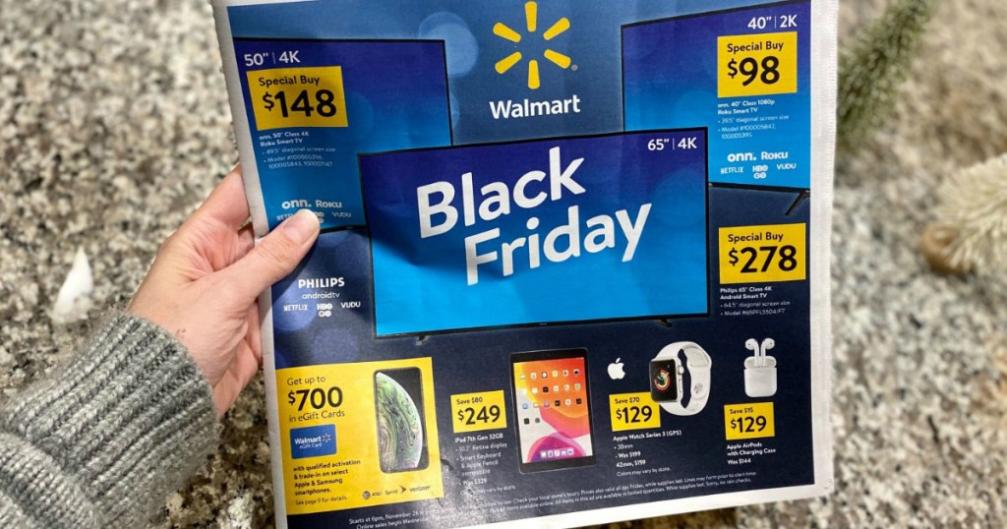Black Friday and the Economy: Evaluating the Impact of Consumer Spending
Black Friday, the day after Thanksgiving, has become a global shopping phenomenon, marking the unofficial start of the holiday shopping season. With its deep discounts and special promotions, Black Friday attracts millions of shoppers to stores and online retailers, generating billions of dollars in revenue. This article examines the impact of Black Friday consumer spending on local and national economies, considering both its positive and negative aspects.

Historical Context
- Black Friday originated in the United States in the 1950s, initially referring to the day when retailers offered special deals to kick off the holiday shopping season.
- The term "Black Friday" gained popularity in the 1980s and 1990s, as the day became associated with heavy shopping and long lines.
- In recent years, Black Friday has become a global event, with many countries adopting the tradition of offering significant discounts and promotions on the day after Thanksgiving.
Local Economic Impact
Positive Impacts:
- Increased sales and revenue for local businesses, particularly retailers, as consumers flock to stores to take advantage of Black Friday deals.
- Creation of temporary jobs, such as retail associates and delivery personnel, to meet the increased demand during the holiday shopping season.
- Boost to local tax revenues, benefiting public services and infrastructure, as businesses generate more revenue during Black Friday.
- Stimulation of local economic activity, leading to a multiplier effect, as increased spending in one sector benefits other sectors in the local economy.
Negative Impacts:
- Overcrowding and congestion in shopping areas, leading to traffic and safety concerns, as large crowds of shoppers descend upon stores and malls.
- Potential for consumer debt and overspending, affecting personal finances, as consumers may be tempted to spend beyond their means to take advantage of Black Friday deals.
- Strain on local resources, such as law enforcement and emergency services, as they work to manage the increased crowds and potential incidents during Black Friday shopping events.
- Environmental impact due to increased consumption and waste generation, as consumers purchase more goods and products during Black Friday, leading to increased packaging and disposal challenges.
National Economic Impact
Positive Impacts:
- Contribution to overall economic growth through increased consumer spending, as Black Friday sales represent a significant portion of annual retail sales.
- Boost to national retail sales, a key indicator of economic health, as Black Friday sales provide insights into consumer confidence and spending patterns.
- Creation of jobs in various sectors, including retail, transportation, and logistics, as businesses ramp up their operations to meet the increased demand during the holiday shopping season.
- Increased tax revenues for the government, supporting public programs and services, as businesses generate more revenue during Black Friday.
Negative Impacts:
- Potential for inflation due to increased demand and supply chain disruptions, as Black Friday sales can lead to shortages and price increases.
- Exacerbation of income inequality, as wealthier consumers may benefit disproportionately from Black Friday deals and promotions, while lower-income consumers may struggle to participate.
- Environmental impact due to increased consumption and waste generation on a national scale, as Black Friday sales contribute to increased greenhouse gas emissions and resource depletion.
Consumer Behavior And Trends
Changing Consumer Preferences:
- Shift towards online shopping and e-commerce, impacting traditional brick-and-mortar stores, as consumers increasingly prefer the convenience of shopping from home.
- Growing popularity of Black Friday deals and promotions, leading to earlier shopping and longer sales periods, as retailers extend their Black Friday sales to attract consumers.
- Influence of social media and online reviews on consumer purchasing decisions, as consumers rely on online platforms to research products and compare prices before making purchases.
Impact On Consumer Spending:
- Analysis of spending patterns and trends during Black Friday, including average spending per person and popular product categories, provides insights into consumer behavior and preferences.
- Discussion of factors influencing consumer spending, such as economic conditions, advertising, and cultural norms, helps explain why consumers engage in Black Friday shopping.
Policy Implications
Local Government Policies:
- Strategies to manage crowds and ensure public safety during Black Friday shopping events, including traffic control, crowd management, and emergency preparedness measures.
- Initiatives to support local businesses and encourage sustainable shopping practices, such as promoting local products and offering incentives for eco-friendly shopping.
- Regulations to address potential negative impacts, such as traffic congestion and environmental concerns, by implementing parking restrictions, congestion pricing, and waste reduction measures.
National Government Policies:
- Measures to promote economic growth and stability, benefiting consumer spending, such as fiscal stimulus packages and policies that support job creation and wage growth.
- Policies to address income inequality and ensure equitable distribution of economic benefits, such as progressive taxation and social safety net programs.
- Regulations to protect consumers from predatory lending and over-indebtedness, such as stricter credit regulations and consumer protection laws.
Black Friday has a significant impact on local and national economies, both positive and negative. While it generates revenue and creates jobs, it also poses challenges related to consumer debt, environmental impact, and income inequality. Policymakers, businesses, and consumers should work together to mitigate the negative impacts and maximize the positive effects of Black Friday spending, promoting sustainable and responsible shopping practices.
YesNo

Leave a Reply